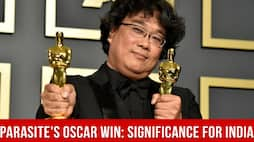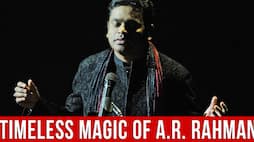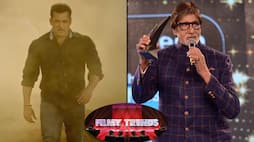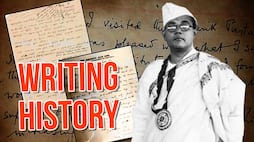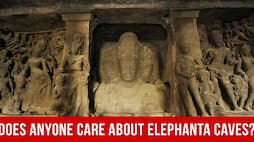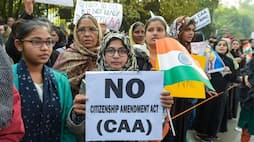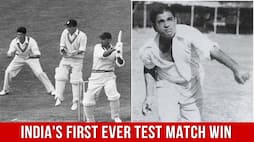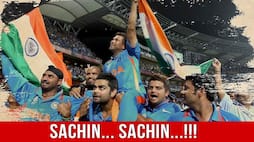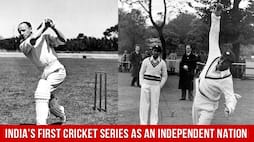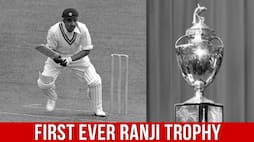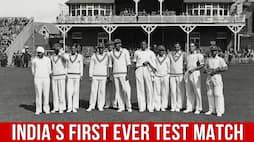Anuj Dhar unravels mystery of Lal Bahadur Shastri's death
Apr 17, 2019, 1:00 PM IST
New Delhi: While Vivek Agnihotri's film The Tashkent Files is receiving rave reviews from serious critics, one may get even more details of the case of the mysterious death of Lal Bahadur Shastri from Anuj Dhar's book, Your Prime Minister is Dead. MyNation invited Dhar for an insight into the film and the book. In the course of the interview, he made some sensational claims.
Prime Minister of the period when India signed a peace pact with Pakistan after the 1965 war, Shastri returned to India the next week dead. From the tell-tale signs on the body, it did not appear that the death was natural. Yet, the caretaker government of the time and the full-fledged government of the Congress that followed ordered neither an investigation nor even a post-mortem of the body.
What signs on the body of Shastri suggested he was killed are explained in the book, the author of which has contributed to the making of Agnihotri's film as well. Here, you get a glimpse of what lies in store from the bestselling author (whose books on Subhas Chandra Bose are a veritable source of information about Netaji) where he talks of a shady predecessor of today's Vijay Mallyas and Nirav Modis whose business was at stake because of Shastri.
Dhar also explains why the CIA o KGB could not have been behind what was possibly a murder.
What makes the Indira Gandhi regime come across as sinister in the whole affair is her refusal to conduct even an autopsy of Shastri's body. It reminded people also of some intemperate remarks by Indira Gandhi of the time when Shastri instead of she took over the reins of the country after Jawaharlal Nehru. One such comment was shared with the country by parliamentarian Raj Narain. He said Indira would go around telling people after Shastri became the Prime Minister that "mere ghar ka naukar Pradhanmantri ban gaya (the servant in my household has become the Prime Minister)".
Decades later, BJP's LK Advani had shared in parliament to his anecdotes from the Indira era that indicate the "goongi guydiya" of the 1960s had no love lost for the personality who preceded her to the 'thone'.
![Salman Khan sets stage on fire for Anant Ambani, Radhika Merchant pre-wedding festivities [WATCH] ATG](https://static-gi.asianetnews.com/images/01hr1hh8y86gvb4kbqgnyhc0w0/whatsapp-image-2024-03-03-at-12-24-37-pm_254x142xt.jpg)
![Pregnant Deepika Padukone dances with Ranveer Singh at Anant Ambani, Radhika Merchant pre-wedding bash [WATCH] ATG](https://static-gi.asianetnews.com/images/01hr1ffyd3nzqzgm6ba0k87vr8/whatsapp-image-2024-03-03-at-11-45-35-am_254x142xt.jpg)


